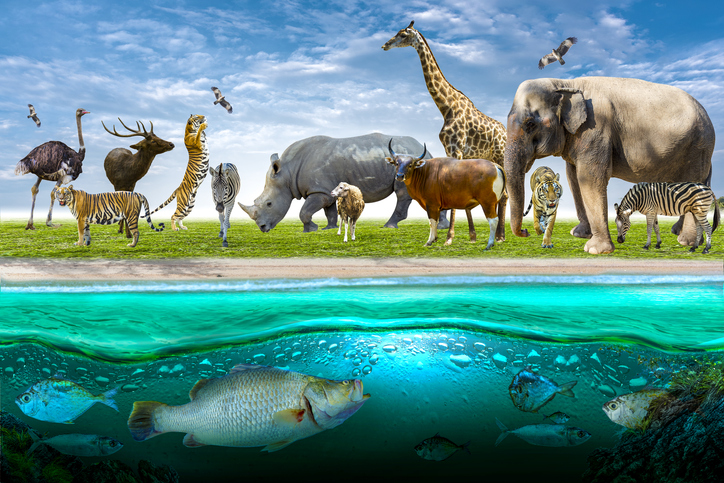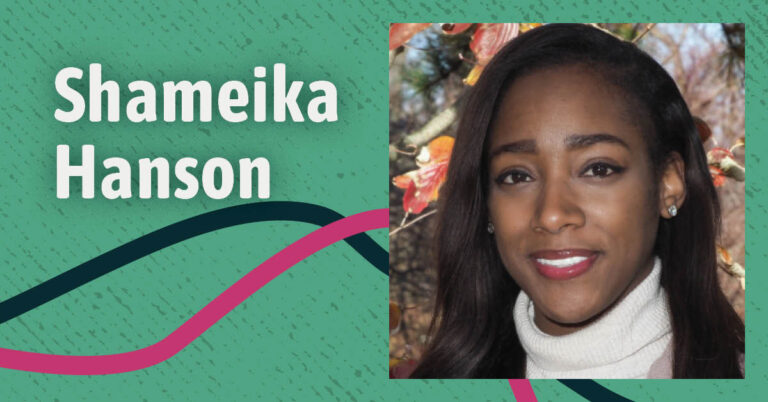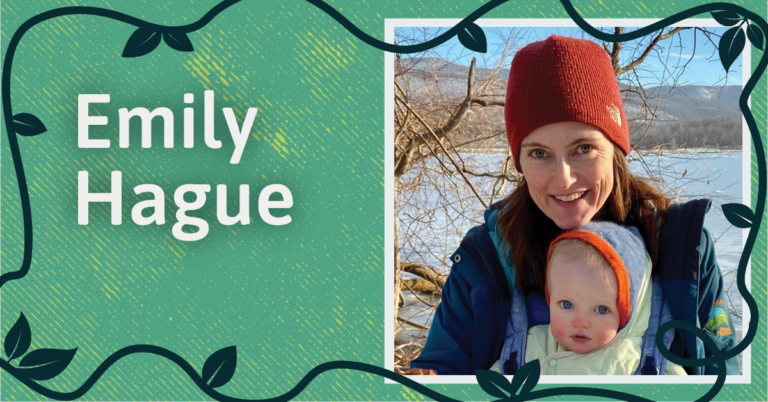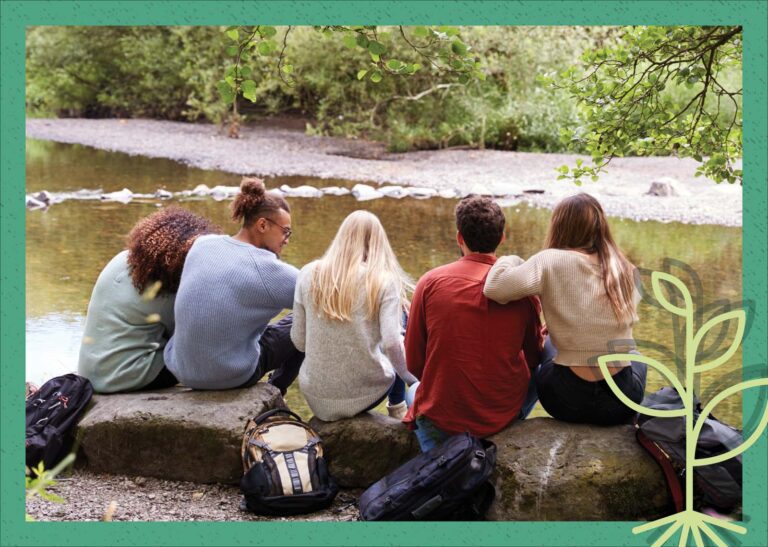Human behavior is at the core of environmental issues. This talk hosted by the Antioch University Conservation Psychology Institute presents four insights from behavioral science about the challenges of behavior change and the impact of behavioral aspects on environmental issues.
Environmental Studies Alumni Career Spotlight: Shameika Hanson
(This is part of a series spotlighting and exploring the career paths of graduates of Antioch University’s School of Environmental Studies.) Name: Shameika Hanson Job title: Community Protection Specialist at…
Environmental Studies Alumni Career Spotlight: Emily Hague
(This is part of a series spotlighting and exploring the career paths of graduates of Antioch University’s School of Environmental Studies.) Name: Emily Hague Job title: Assistant Director of Land…
S3E10: Developing Math and Science Literacy Means Moving Beyond the “Right” Answer
When using the “Scientific Method,” we ask questions, observe the world, and interpret what we find. Sometimes this leads us to change our initial ideas—but no matter what, we lead with curiosity. So why is it that science education today so often focuses on memorizing facts and solving tidy problems with right and wrong answers? In this interview with Dr. Gopal Krishnamurthy we ask these questions. Topics covered include foul-smelling childhood experiments, an engagement with non-standard mathematical notation, and the ways that today, “despite the best efforts of our teachers, learning is critically endangered.”
Three Big Idea Episodes Showcase Justice Work at Antioch
We’re nearing the one-year anniversary of the founding of this show. To cap off a great year for the Seed Field Podcast, we’re putting together three mini-episodes that revisit interviews from this season and pull out the themes that consistently run through them.
Big Idea: Environmental Justice and Environmental Education at Antioch
We’re nearing the one-year anniversary of the founding of this show. To cap off a great year for the Seed Field Podcast, we’re putting together three mini-episodes that revisit interviews from this season and pull out the themes that consistently run through them.
S2E8: To Find Solutions to Our Most Global Problems, We Must Go Into the Field
Solving global problems requires looking at the whole picture—and sometimes that means getting your hands dirty. In this conversation with environmental studies experts Jim Jordan and Dawn Murray, we hear why their work often involves studying across disciplines—and across the globe. They are clear about the benefits they see from studying in different environments all around the world—from gaining a deeper understanding of the problems our planet faces to creating meaningful connections across cultures.







